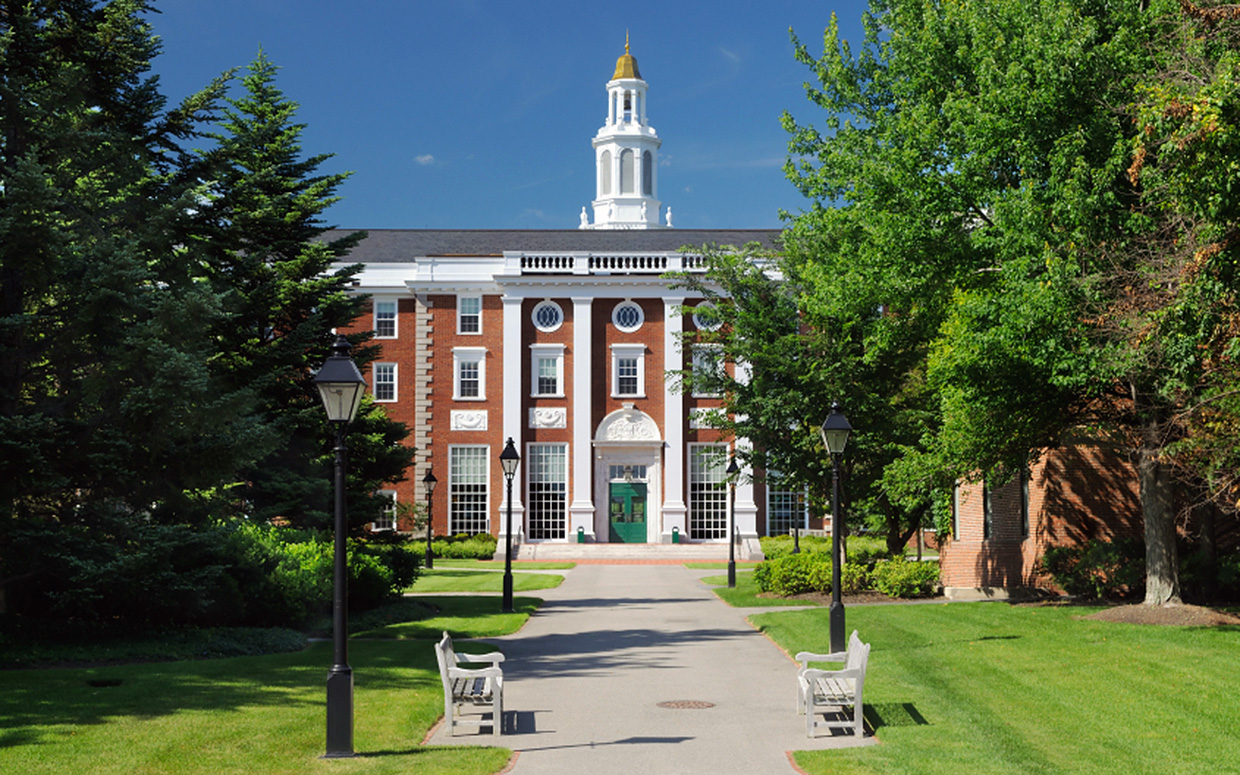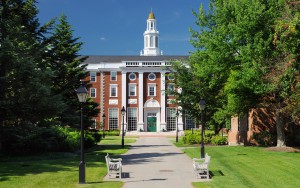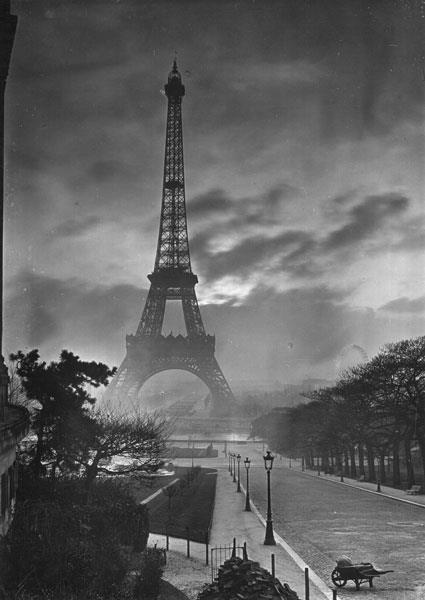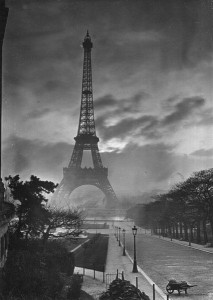 To Henry Ward Abbot
To Henry Ward Abbot
C/o Brown Shipley & Co. 123, Pall Mall, London, S.W.1
Rome. June 10, 1931
Dear Harry,
Many thanks for introducing me to Miss Millay. I had seen her name, and possibly (if she ever wrote for The Dial) I may have read some piece of hers before: but all was lost in that terrible bog of false poetry into which I hate to step. Poetry, in the sense of versified passionate eloquence, seems to be a thing of the past. But I see that Miss Millay takes the bull by the horns and dresses up her poetry in the magnificent ruff and pearls of Queen Elizabeth. It is a wonderful performance: very rarely did I feel that the sawdust of modern diction was trickling out of the beautiful fancy-dress doll. The movement, and in particular the way of repeating and heightening a word, like a theme in music, are unexampled, as far as I know, in any contemporary performance. When it comes to the thought or the morality, just because it is somewhat genuine and modern, there is less nobility: a woman who was really in love and gave herself too freely to a lover who, liking her well enough at first, got tired of her in the end. The case demands repentance and sublimation, both of which Miss Millay avoids, in her evidently pragmatic philosophy. But without sublimation or repentance the feeling could not rise to the level of the versification. It is like very good Latin versification, such as is still occasionally produced by the well-educated.
I am at work on The Last Puritan and often wish I could show you a passage and ask you if it seems to you true to the life—to the inner life especially—of our old-fashioned friends.
I agree that the last years of life are the best, if one is a philosopher.
Yours sincerely, G.S.
From The Letters of George Santayana: Book Four, 1928–1932. Cambridge, MA: The MIT Press, 2003.
Location of manuscript: Butler Library, Columbia University, New York NY.









